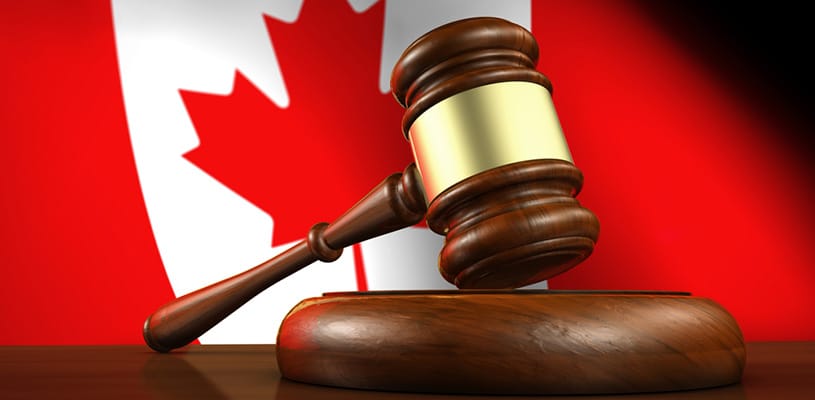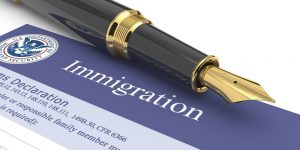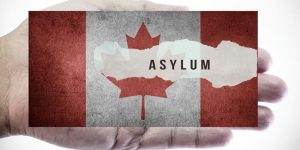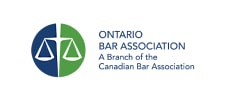The federal government will have to rewrite the law if it wants to restart citizenship revocation proceedings against more than 300 people whose cases were tossed out, Toronto immigration lawyer Matthew Jeffery tells the Globe and Mail.
Federal Court Justice Russell Zinn nullified the attempts to strip the immigrants of their status after an earlier decision by Justice Jocelyne Gagné struck down key parts of the Citizenship Act enacted by the previous government led by former prime minister Stephen Harper.
Jeffery, who operates the immigration-focused Matthew Jeffery Barrister & Solicitor office in Toronto, represented Tareq Madanat, one of eight people whose citizenship revocations were quashed in the test case.
In an interview with the Globe, he called the struck-down system a “deeply flawed process.”
While it could start the process all over again against those whose cases were halted, the government would first have to rewrite the law so that it conforms with Gagné’s judgment, Jeffery said.
In her decision, Gagné found the provisions, added to the law in 2014, violated the principles of fundamental justice.
Before the amendments, revocation could only occur after a full and fair hearing with a consideration of all the circumstances of a citizen’s case. But a stripped-down process enacted in its place meant naturalized citizens could lose their status if their applications contained any fraudulent information, without necessarily being given the opportunity to explain the circumstances at an oral hearing.
The test cases before Gagné involved eight people who lost their citizenship under the new process due to alleged misrepresentations in their applications for permanent residence or citizenship. Three were accused of lying about their place of residence when applying for citizenship, while others were minors who lost out thanks to alleged omissions or fraud by their parents.
The judge agreed with the arguments made by Jeffery and several other immigration lawyers that the regime violated s. 2 (e) of the Canadian Bill of Rights, which guarantees the right to “a fair hearing in accordance with the principles of fundamental justice.”
“Clearly, citizenship revocation is an important decision. The applicants are barred from applying for citizenship for ten years. Some will revert to foreign national status and some may even be rendered stateless,” Gagné wrote.
“This, along with the loss of many crucial rights associated with citizenship, augurs in favour of a high degree of procedural fairness. Since there is no right to appeal from a revocation decision of the minister under the Amended Act, the need for procedural fairness is all the more acute.”
In order to bring the Citizenship Act into line, Gangé wrote that any new revocation process must provide:
- an oral hearing before a court, or before an independent administrative tribunal, where there is a serious issue of credibility;
- a fair opportunity to state the case and know the case to be met;
- the right to an impartial and independent decision-maker; and
- an opportunity to have their special circumstances considered when such circumstances exist.























